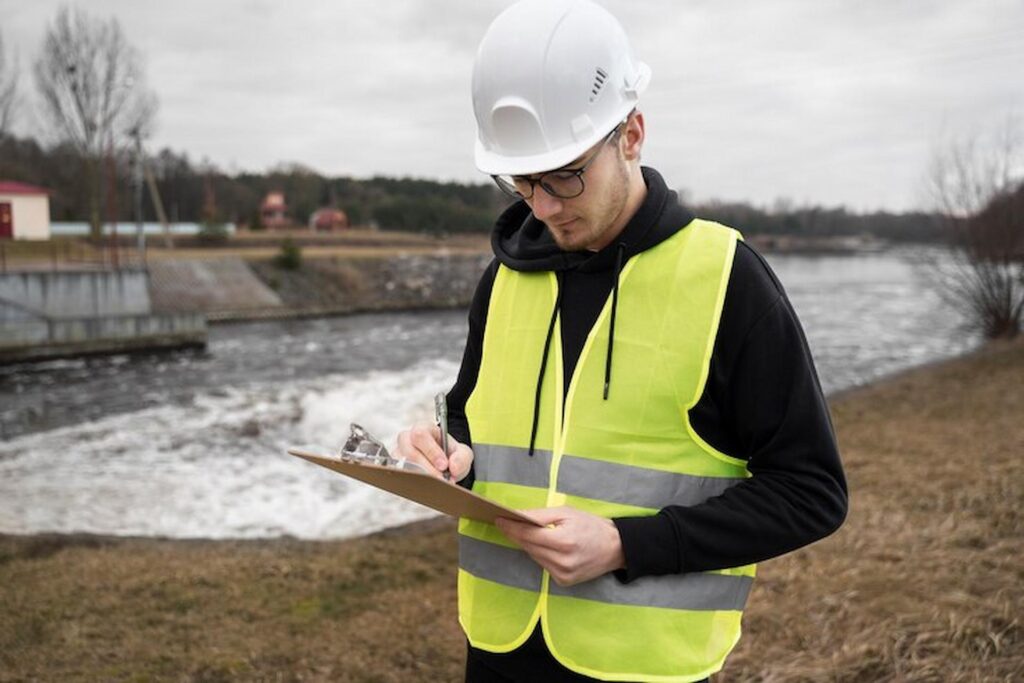Carrying out a Legionella risk assessment can play a vital role in ensuring the safety of your patients and staff. The risk assessment identifies potential sources of Legionella bacteria, evaluates the likelihood of exposure and assesses the effectiveness of your existing control measures within your setting. Since this bacteria can result in Legionnaires’ disease, a severe form of pneumonia, conducting regular Legionella risk assessments is essential for preventing outbreaks and protecting vulnerable patients.
Why Are Risk Assessments So Important?
Regular Legionella risk assessments are essential for identifying potential sources of contamination and implementing effective control measures. These assessments can involve comprehensive inspections of water systems, including temperature monitoring, water sampling and analysis of system design and maintenance protocols. Carrying out regular risk assessments can allow healthcare providers to mitigate the spread of Legionella and safeguard the health of their patients.
What Are The Causes Of Legionella Growth And Infection?
Legionella bacteria thrive in warm, stagnant water environments. These can include those found in plumbing systems, hot tubs and air conditioning units. In healthcare facilities, the risk of Legionella exposure is particularly high since patients may have weakened immune systems, making them more susceptible to infection. As a result, hospitals and care homes can become prime breeding grounds for Legionella.
What Are The Dangers Of Legionella?
Legionella’s disease is a respiratory illness which can be fatal, particularly for individuals with weakened immune systems or underlying health conditions. The symptoms of the disease are similar to those of pneumonia and generally include fever, cough and shortness of breath. The disease can cause septic shock, respiratory fever and even death in serious cases. People who survive Legionnaires’ disease can be at risk of long-term health complications.
Legionella And The Law
UK healthcare providers have a legal duty under the Health and Safety Work Act 1974 and the Control of Substances Hazardous to Health Regulations 2002 (COSHH) to assess and control the risk of Legionella. If an organisation doesn’t comply with these regulations, it can risk jeopardising patient safety and can face tough penalties, including hefty fines.
What Preventative Measures Can Be Taken?
As well as carrying out routine risk assessments, healthcare organisations should implement robust water management plans. These can include regular flushing of unused outlets, maintaining water temperatures outside the bacteria’s ideal range and ensuring proper cleaning and disinfection procedures. Staff training is also essential for raising awareness of Legionella risks and promoting compliance.
Healthcare organisations shouldn’t ignore the threat of Legionella. Risk assessments and proactive preventive measures are essential for protecting vulnerable patients. By prioritising Legionella management, healthcare facilities can maintain their commitment to patient safety and ensure a healthy environment is available for all. When it comes to Legionella, prevention is always better than cure.
Swiftclean can assist you if you need a thorough Legionella risk assessment in the UK. You can get in touch with the experienced professionals at Swiftclean by calling 0800 243 471 or by sending an email to info@swiftclean.co.uk.

